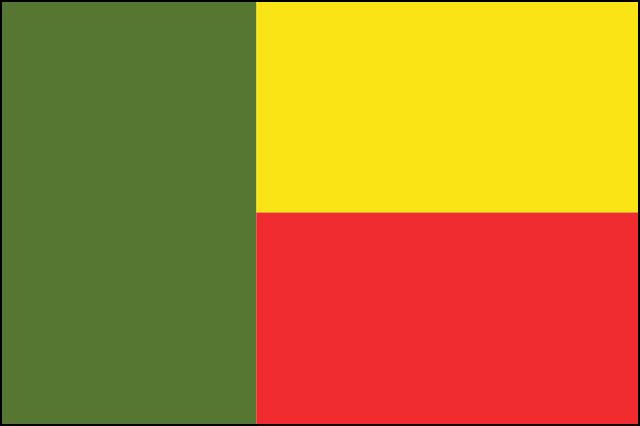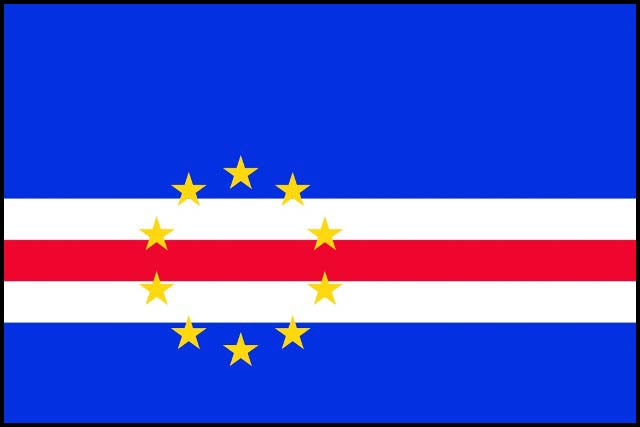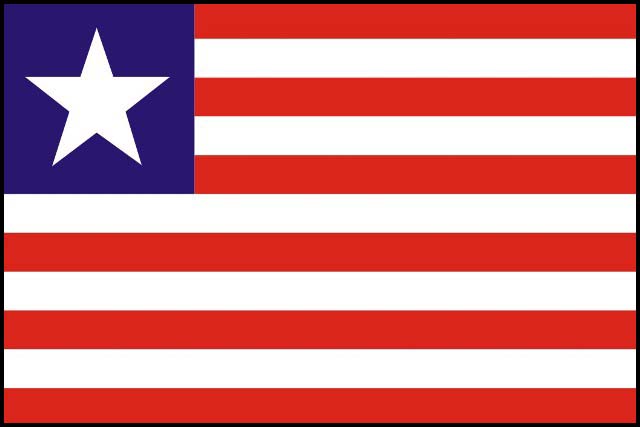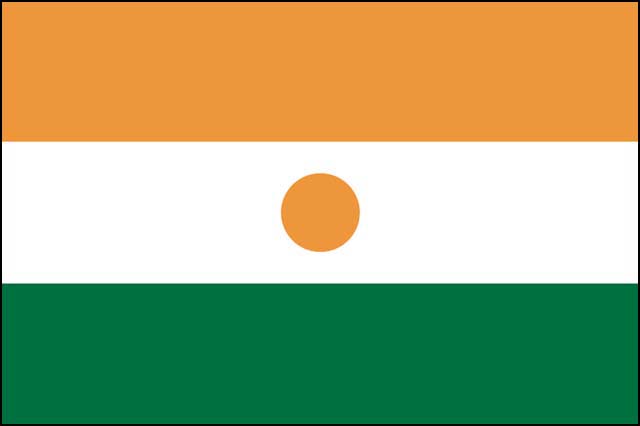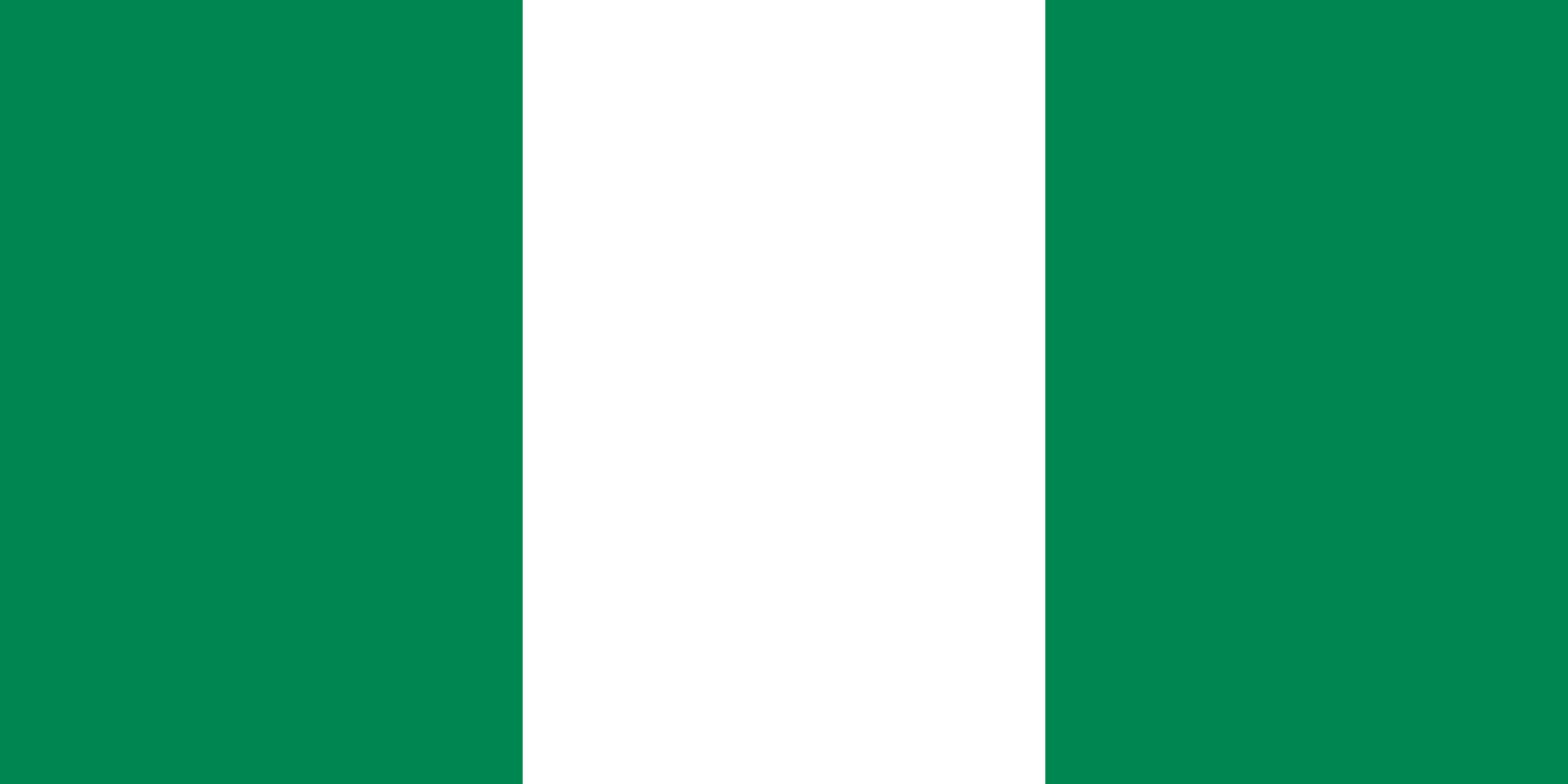Nigeria
Overview of the country
Nigeria is located in West Africa along Atlantic Ocean of gulf of Guinea and has a total area of 923,768 km2. Nigeria covers about 91millions hectares of land area, 81 million hectares are arable land suitable for cultivation. The Agricultural land in hectares is 7,620,000.
Nigeria population is estimated as 200 millions and population growth rate was 2.6 % (2016). There is an estimated ratio of 102.7 males per 100 females (2017). Infant mortality data stood at 76.3 per 1 000 live births (2017) and life expectancy in Nigeria is estimated as 54.5 years.
After petroleum sector agriculture is the most important sector. The fertility rate is 5.7 live births per woman
Political, economic and social context of the country
-
Political context
The government being practiced is Federalism. Operate upper and lower house as legislative arms. Nigeria is a member of ECOWAS, Africa Union, New partnership for Africa Development (NEPAD) and Gulf of Guinea Commission.
-
Economic context
Agriculture sector contributes about 24% to GDP and Agriculture accounts for over 60% of food consume in Nigeria and employs about 70% of the workforce. The total GDP is about $1,275 trillion.
-
Social context
Nigeria’s Human Development Index (HDI) of 0.527 makes it the 152nd of 188 countries of the world.
Stunted growth population was 37% in 2018
Wasting in children population was 7.0% in 2018.
Population under moderate food insecurity was 5.3% in 2018
Agro-sylvo-pastoral and fishery sector
Promotion and development of crops commodity value chains
Established Commercial Pasture Plots
Created irrigation facilities in Grazing Reserves
Rehabilitated and upgraded 6 Nos abattoirs
Has fish farm clusters equipped with fish feed mills in selected location in Nigeria
Established cottage fish farms in Federal Government Colleges
Additional information
The Nigeria government through the Federal Ministry of Agriculture and Rural Development is desirably committed and affirmed to effectively implement all programmes and initiatives to make agriculture a household business. In the same vein, the Ministry is reviewing the Agricultural Promotion Policy 2016-2020 to a new policy framework tagged National Agricultural Technology and Innovation Policy (NATIP) 2020-2023.
